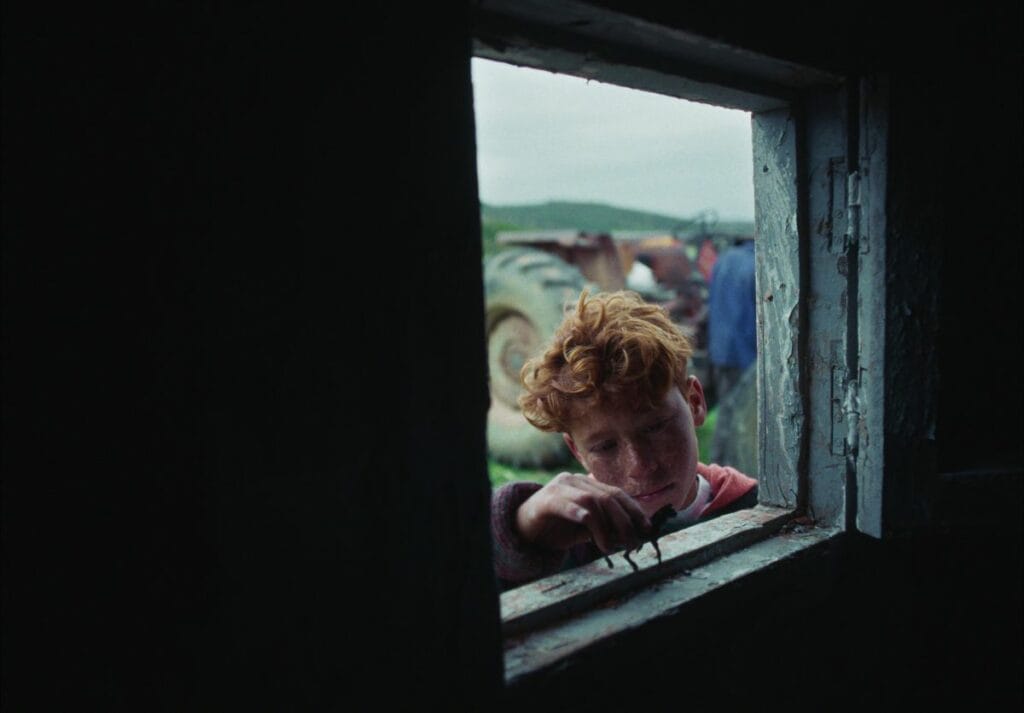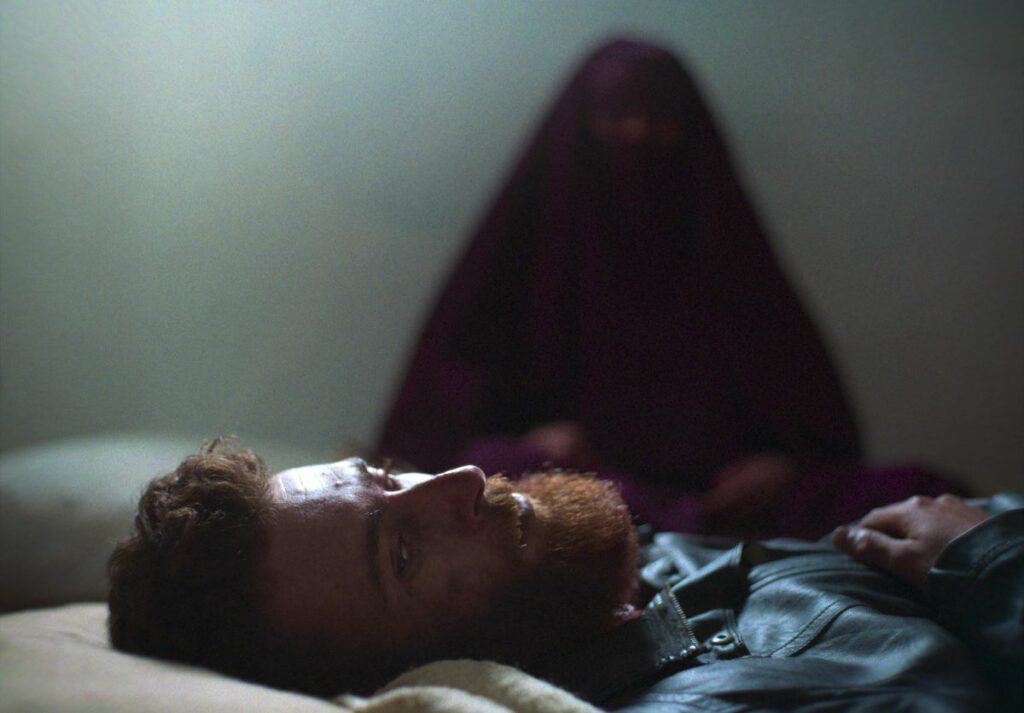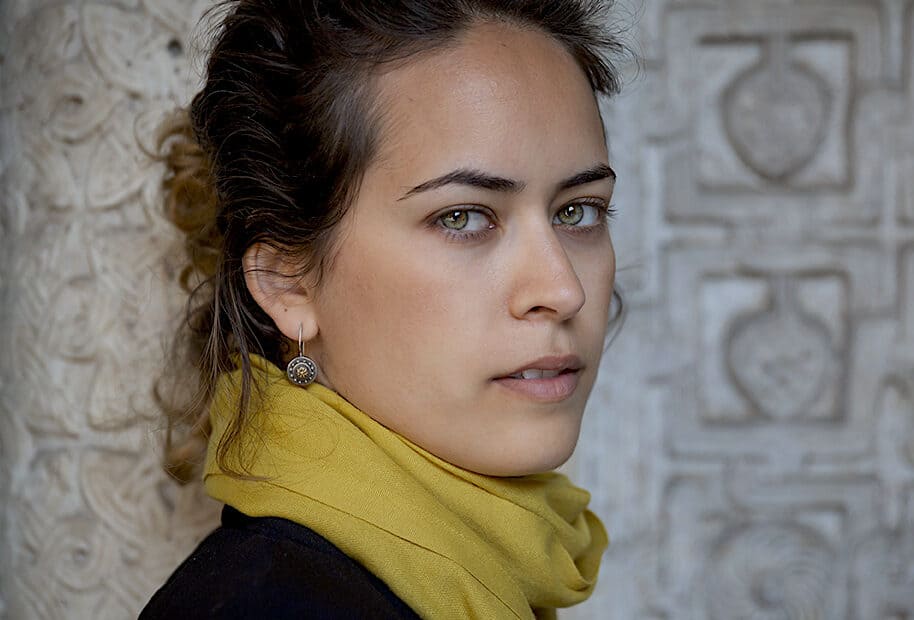Who Do I Belong To? (Mé el Aïn) by Meryam Joobeur was the penultimate competition film of the 2024 Berlinale. I reviewed this first feature and also managed to conduct an interview with Meryam Joobeur.
This started in 2018 with the short Brotherhood, and six years later, you are in the Berlinale competition with the same subject in a feature.
It’s crazy that after five years of dedicating yourself fully to something, it was incredible to release it. I also had a lot of the crew, family, and friends there. It was really emotional. I approach filmmaking from a very personal, spiritual place, so I really kind of inhabit the themes and the characters in my life so carrying those stories for five years allowed me to grow and evolve a lot, but it was also kind of hard. I wasn’t born in Tunisia, but the most important years of my childhood were when I lived in Tunisia from four to six years old. Those two years had a huge impact on me in terms of my relationship with Tunisia.
Is it difficult to make films about a country you don’t live in? Where do you get the info from?
Three out of my four films are set in Tunisia. I found myself always attracted to go there. I also spent a lot of time in the north. I lived with families there, and I got to know the village very well, so I also invested a lot of time. I’m trying to do something authentic because my hometown is more in the south, and the north is pretty different, so I felt that in order to really capture what life is like there, I had to spend time, and eventually, I’ve kind of become an honorary member of that village.
TDS: About that village, I read that you are dreaming about having a screening there in that village on the beach. What do you think that would be like, and what do you think the reception would be like in Tunisia overall?
The screening I’m most looking forward to is that one. I’d love to do a screening because we shot scenes on that beach and I’d love to have an outdoor screening there and invite all the villagers because they helped us a lot. They opened up their homes, and all the extras are from there.

TDS Some of them even became part of the crew, right?
Yes, exactly some of them helped us as crew members so I’m really curious to see what they think about the film. I think we’re going to try to do it in September. I think they’re going to love it.
TDS: I’m thinking about the cinematography. it’s pretty close to the academy aspect, right? (1:1434). How come you chose that AOR with the cinematographer, Vincent Gonneville?
We chose that because we wanted to be able to stay close to the characters but still be able to get a little bit of what’s around them. Actually, Vincent proposed it, and I think it’s probably because we did a lot of research in still photography. We loved that aspect ratio in still photos. It was a bit of an instinctual decision.
TDS: The images have a film-like feel to them., but I guess it was shot digitally?
We were inspired by 35 millimeters, but logistically, it just would be impossible to shoot on film. We try to evoke an older style with the lenses.

TDS: DId you see Four Daughters, which played at Cannes and is another Tunisian film which deals with extremism?
I haven’t seen it. I’ve been living under a rock for the last two years. If I should mention a film that influenced me that might surprise you, It’s Under the Skin by Jonathan Glazer.
Why that one?
Because the mood of that film stayed with me, and I loved the feeling it left in me. That’s what inspired me: how a film can leave a trace on you.
